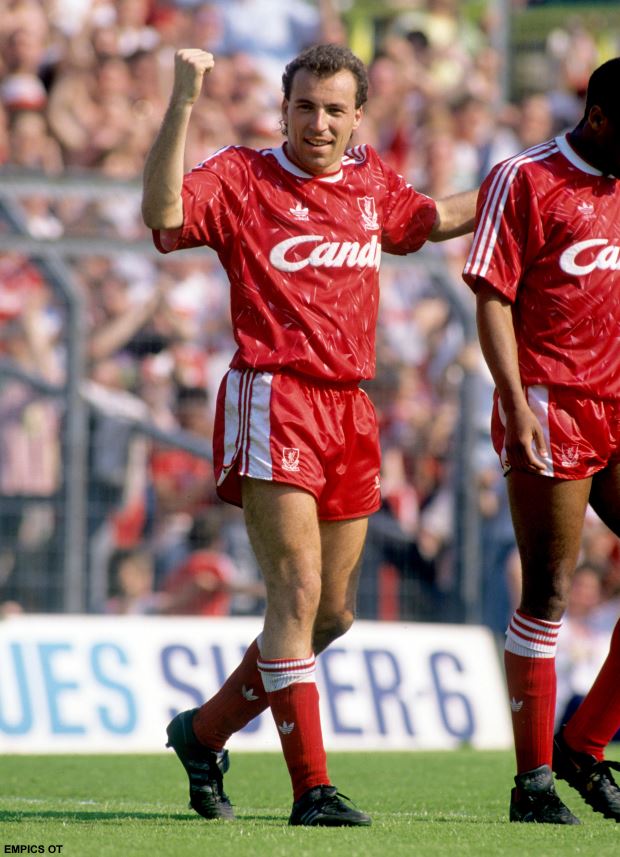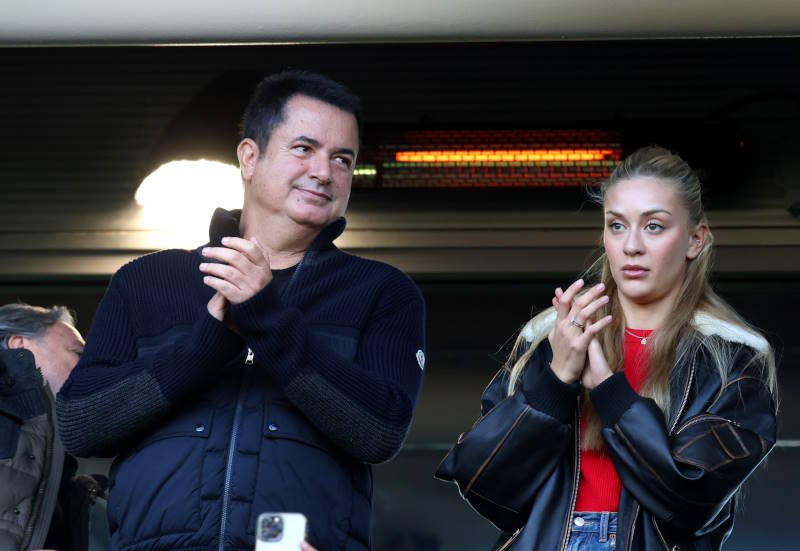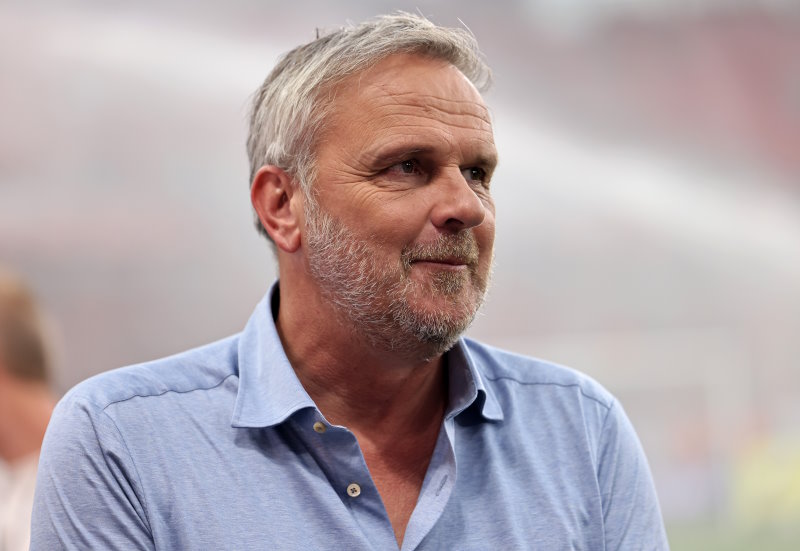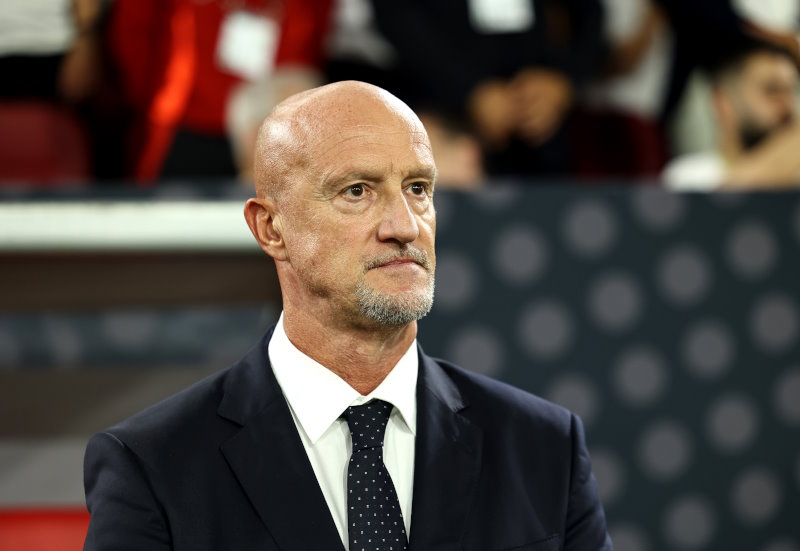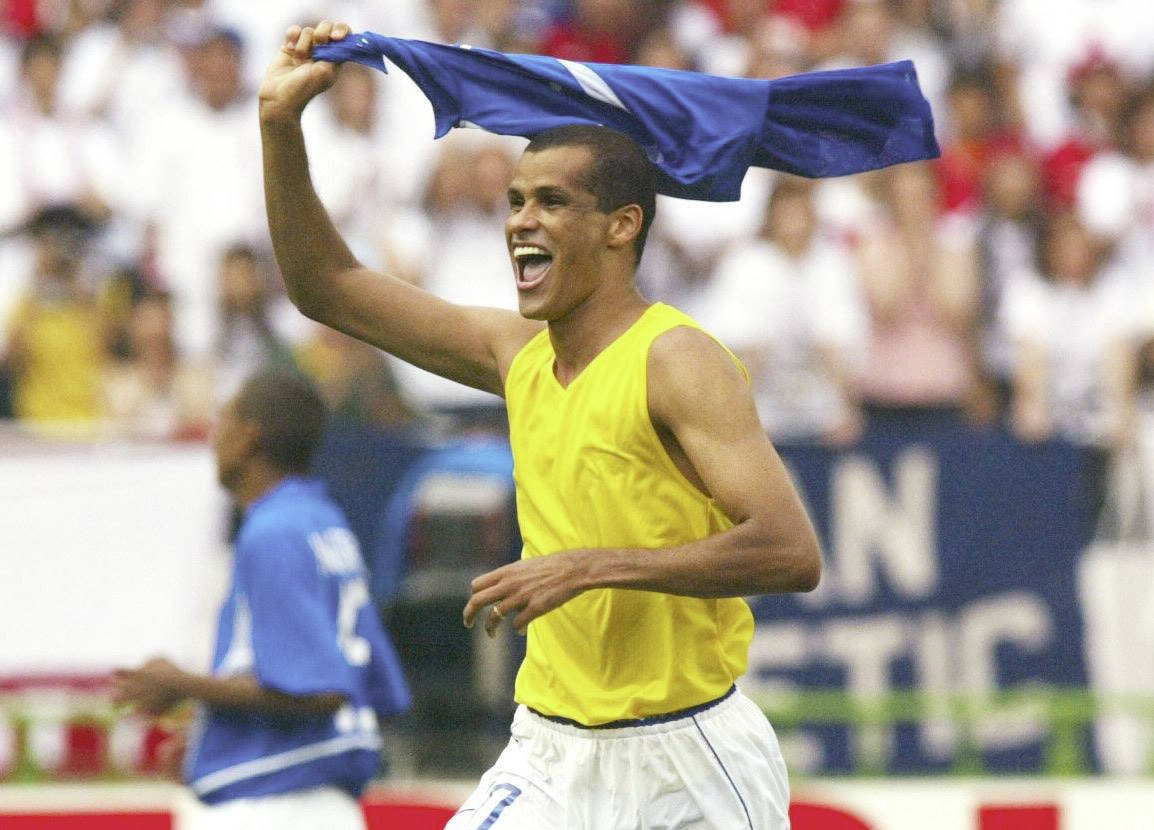The striker hit the back of the net seven times in eight games to capitvate Liverpool fans and convince the club to pull the trigger on a permanent deal, with Rosenthal added to the ranks at Anfield under legendary boss Kenny Dalglish.
Rosenthal was present for the end of Dalglish’s reign and the start of Liverpool’s decline under his successor Graeme Souness.
He stayed at Liverpool until early 1994, when he switched to Tottenham Hotspur. Rosenthal departed Anfield having scored 22 times in 97 appearances and was included by fans amongst the 100 Player Who Shook The Kop poll in 2006. We spoke exclusively to the former striker.
Inside Futbol (IF): Ronny, you had a trial at Luton Town, but they could not afford to sign you. What was your reaction when you then heard you could join one of the biggest clubs in world football in Liverpool?
Ronny Rosenthal (RR): At that time I was about to leave Standard Liege because the manager told me that I was not part of his plans even though I had been the top scorer one year previously – but for some reason he told me to look for another club. Of course, I was looking to find one and when this opportunity with Luton Town arrived I was enthusiastic because it was my chance to participate in a good league.
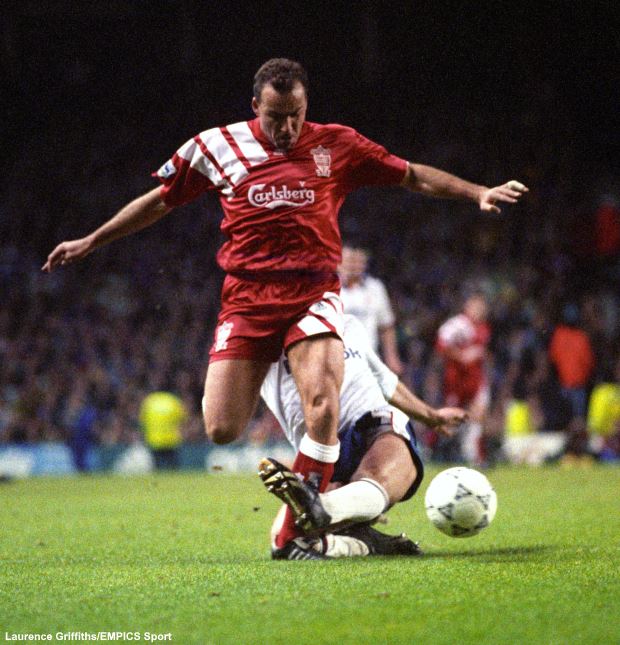
Back then, the English league was not the best football league in Europe – it was the Italian – and I had signed a contract with Udinese six months before my trial with Luton.
Let me go back. When I signed for Standard Liege I became the club’s top scorer straight from my first season. I scored nearly 20 goals and as Italy was the best league in the world, all the players wanted to go and play football there. Italy had the stadiums after the [1990] World Cup and the money. It was a dream for every player. So I signed for Udinese in the summer of 1989 and then went back to Israel on holiday. Whilst there, there were headlines in the newspapers saying I had failed the medical. Of course, for me it was a big surprise. I had played football all of my life and nothing ever went wrong. What happened was that Udinese found something in my back, but it wasn’t the reason why they back-pedaled from the deal.
Back then, you could sign a contract subject to a medical. Today you cannot do this. You have to take the medical before you sign the contract. They signed me, but came across another player in the meantime who they were really interested in, Abel Balbo, and probably felt that he would be better business for them: I was 25 at the time and Balbo was 21. So the club decided to tell me that I failed the medical.
I was devastated because it was a dream for me to play in Italy. I went back to Standard Liege to find out that they had a new coach who told me ‘you can start looking for a club’ – even though I had finished as top scorer. It was kind of a surprise. I continued to play for them for another six months, but not always from the starting line-up. It was all strange. Then in January I went to Luton, and of course I was happy.
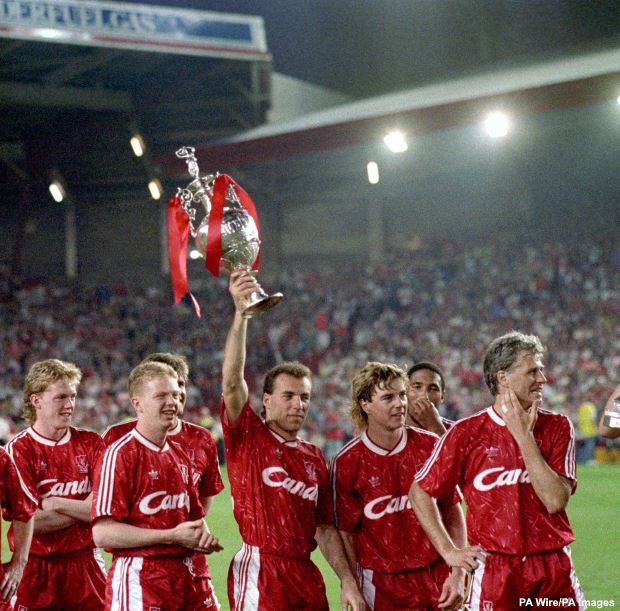
I did very well during the trial and Luton wanted to sign me, but again it didn’t work out. The reason why they couldn’t come to an agreement with Standard Liege was because they had originally agreed on $1m with Udinese in 1986 – a huge amount of money at that time, but it was the biggest league in the world so they could pay that much. Luton were prepared to pay maybe 70 per cent of this fee. That was the maximum they could afford, but Standard Liege had already set their expectations at a certain level and I had to stay. I was disappointed.
Luton’s manager at the time, Jim Ryan, said he would talk to Kenny Dalglish at Liverpool. Everything happened so quickly and the next thing I remember was that I was part of Liverpool. I shone from the very beginning of my career at Liverpool, but they didn’t have an automatic option to sign me – maybe because they hadn’t considered that I would make this kind of impact. Liverpool had to negotiate a new deal with Standard Liege to buy me and in the end they paid double the money because the transfer fee was about £1.2m, or $2m back then.
IF: You made an instant impact, scoring a hat-trick against Charlton Athletic. How easy was it to adapt to English football and slot into Liverpool’s team?
RR: When you are a football player, in addition to quality, you need a certain kind of mentality. When I say mentality I mean being able to adapt quickly and to communicate. This is something that I had in me, but sometimes you have good players who don’t adapt. Mentally they are not prepared and everything fails.
I was someone who if I arrived in a new country I would learn the language, I would get connected to the people. I felt okay right from the start, and that helped me to survive in Liverpool and in English football where I finished my career.
I actually didn’t feel like I was in a foreign country. I had been living in Europe for four years before then, in Belgium, so it wasn’t a big change. In fact, my move to Belgium in 1986 felt like a bigger deal. When you are from a Mediterranean country and then you come to a European country there is a big difference in mentality, but I adapted very well. I was prepared for this change and it helped me.
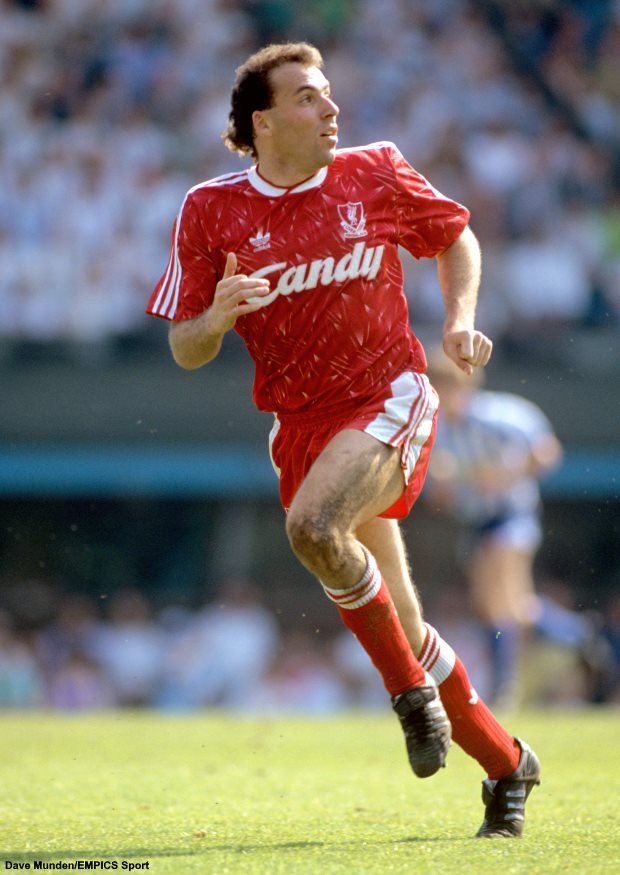
Of course it is not enough. You need the quality and you need to produce on the pitch, which I did, so I was full of confidence. If I was given the chance I would make the best of it.
The funny thing is that before that dream day when I scored a hat-trick during my full debut at Liverpool, I had only played against Southampton for 20 minutes. That was the first game when I was given an opportunity [to prove myself]. We were 2-1 down with 20 minutes left, but I made an impact and helped the team to win 3-2.
After that I found myself on the bench. I didn’t play at all even though I had done so well the first time I had been given the chance. I wasn’t involved and a week after that I was not even on the bench. It was a cup semi-final against Crystal Palace at Aston Villa’s home ground and we lost.
It was strange, but I understood that I had joined a top club with a lot of stars and I said to myself: ‘Okay, we will see when I get my chance. I’ll have to wait.’ That defeat eventually helped me though because Kenny Dalglish decided to make changes and an hour before kick-off he told me that I would be in the starting eleven.
It was a bit of a surprise for me because I hadn’t been involved in the squad one or two weeks after performing so well, but I took the opportunity with both hands. It was a dream day – I would say one of my highlights. A kind of trigger to boost my career in England, but I had maybe two or three triggers like this which helped me to climb up in my career.
IF: What similarities are there between Jurgen Klopp’s team and the Liverpool side that won the championship in 1990?
RR: What they both have in common is total domination. If you compare the side from 30 years ago with that of today, we are of course dealing with different generations – and theoretically, if the two teams played against each other today’s side would win because all the players are very athletic. The talent was the same though, as it was 50 years ago. There are always talented players.
The big difference between then and now is athleticism. Before, you didn’t need to be a quick player to play in a top team. You needed to be talented, and the majority of the players were exactly that. I was maybe not the most talented player, but I had speed, which was important and why I played for Liverpool. I played for top clubs because I had the speed.
That was my main asset, but today there is no way you can play at the top level with no speed. It is impossible, so this is the big difference. Speed, the tempo and the rhythm of today’s game are much more intense.
Back then, Liverpool also used to buy all of the most talented players in English football. They were a bit like a national team, recruiting English, Irish or Welsh internationals. It was easy for Liverpool to buy the best players, but it changed later on. When the Premier League was formed the vision of football started to change and clubs like Arsenal and Manchester United developed good academies which supplied them with players and they began to buy better foreign players. Liverpool’s recruitment was not as good as that of other clubs, especially later on when Arsenal started to dominate with Arsene Wenger’s arrival, signing the best French players. When I say best, I mean athletes, top athletes like Patrick Vieira, Thierry Henry, Robert Pires and others.
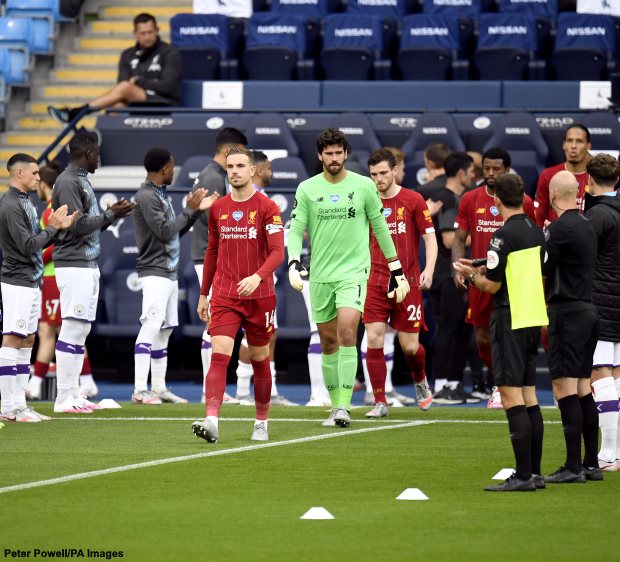
IF: Did you think that Liverpool fans would have to wait 30 years for another league title?
RR: I would have never imagined this. It seemed impossible. I don’t think there was a single person who would have said that Liverpool were not going to win the league within another five years, not to mention 30 years. By the time Liverpool started to develop their own academy it just wasn’t enough. Their recruitment wasn’t good enough. It was difficult for them to attract the best players, but if you look at the last five years they have put it right. They are now moving in the right direction and are completely dominant. We will have to see if they can keep it up for years to come.
IF: Did you see Kenny Dalglish’s resignation coming or were you shocked?
RR: It was a shock. I will always remember the day when he came into the dressing room before training and said ‘I’m resigning’. All the players were shocked, it was the last thing that people expected, but you are professional and you have to carry on playing football – and that’s it.
IF: How did you find Graeme Souness, his successor? What changed?
RR: Graeme Souness was completely different to Dalglish. You look at him as a player and as a manager, and you can see that he is more impulsive than Dalglish. If as an impulsive player you have to deal with someone who is kind of aggressive, there is the possibility that you lose your nerves and do something that you didn’t think you would.
This is something that can affect your ability as a manager or a coach, because when you are a coach you need to think twice before you do something. You are the decision-maker and if you have done something wrong you may not be able to fix it afterwards.
There were good things in Souness, but it didn’t help him in that respect. This is only one aspect though. For me, above all, the signings were wrong because he kept bringing players to Liverpool who were talented, but time had moved on. He needed to bring in more top athletes. That is why other clubs were better.
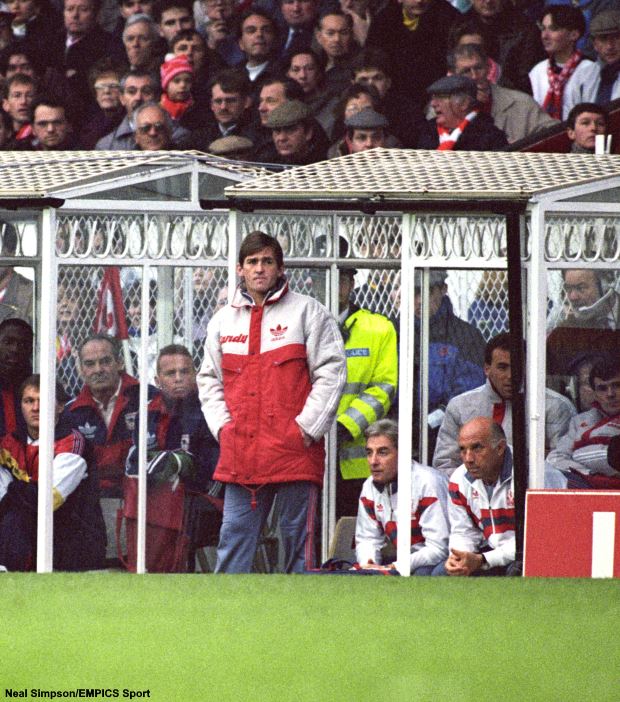
The club’s decline started after, but it wasn’t only down to Souness. It was a period when you needed a scouting system and a scouting department because a manager cannot do all that on his own. He is responsible for the players on the pitch and cannot start wasting time by starting looking for players. So things changed.
IF: How did you feel when you first heard the Anfield Kop singing ”You’ll Never Walk Alone”?
RR: It was amazing, especially the first time during my first game when I entered the pitch. This is something incredible. Liverpool fans are unbelievable. You are a player and you know that this crowd is behind you. You feel that you are already leading this Kop. You have the crowd behind you, who will always support you and not turn against you. They will always support you unconditionally, all the time, and of course this is very important. You feel it. It is a great atmosphere when you play with this crowd behind you. It’s an amazing feeling.
IF: You also played for Tottenham Hotspur. Was Jose Mourinho the right man to replace Mauricio Pochettino?
RR: Time will tell. Maybe Jose Mourinho will have a tough time at Tottenham. He was at big clubs and always had what he wanted. Maybe he is not in the position now to sign big names. It will not be easy for him to lead Tottenham into a Champions League spot. Tottenham must look to finish in the top four. It’s difficult and I am not sure about what he can provide for the club.
IF: On another note, your countryman, Israeli international Shon Weissman, has been linked with Celtic. Would that be a good move for him? Or should he consider another step when he leaves Austria?
RR: Shon Weissman obviously is having a great season. I think he has surprised himself and of course many other people as he, immediately after moving to Austria, scored so many goals and became a very important player for his club, having an unbelievable impact. I think moving to Celtic could be a great move for him because the Scottish league is not so strong and it is important for him to play regularly and be important for the club he is going to. I believe if he moves to a higher level he could find himself in competition with other players, and not playing regularly after scoring more than 30 goals in his first season would obviously be disappointing. I think Celtic could be interesting for him.
